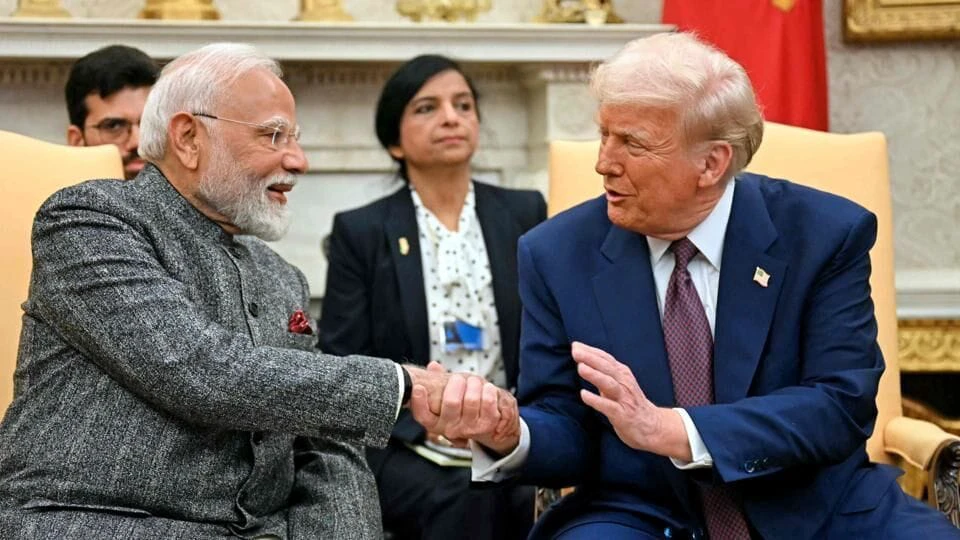India-US trade deal remains elusive even as leaders of both the nations have assured of an agreement soon. With Donald Trump’s July 9 deadline to expire in less than a week, negotiators are working on signing an agreement despite India despite New Delhi hardening its stance on tariffs.
When will an India-US trade deal be signed? Here are 5 things we know so far:
1. Indian negotiators returned from the US on Friday, officials quoted by The Indian Express said. “The trade negotiators have just returned. The talks are ongoing, but the deal is not contingent on any date. India’s key interests are sustained access for labour-intensive goods such as textiles and footwear. Auto component exports are also a key interest,” they said.
2. India on Friday proposed to impose retaliatory duties under the WTO norms against the United States as America moves to charge tariffs on import of auto parts from other countries to safeguard itself. “The proposed suspension of concessions or other obligations would take the form of an increase in tariffs on selected products originating in the United States… This notification is made in connection with safeguard measures extended by the United States of America on imports of automobile parts from India,” a WTO circular says.
3. Commerce Minister Piyush Goyal on Friday hardened his stance on the India-US trade deal, stressing that New Delhi will not sign any agreement with the Donald Trump administration until it’s not fully finalised, properly concluded and in national interest, and will not enter into any pact based on deadlines. FTAs are possible only when both sides get benefitted and it should be a win-win agreement, he told reporters when asked about the proposed interim trade agreement with the US.
4. According to the report by The Indian Express, apart from auto tariffs, steel tariffs remains an area of key interest. While the US is not willing to give any concessions on steel imports to any country, India has vowed to safeguard its domestic industry by imposing duties. “We are focusing on areas where we have a competitive edge. Despite the tariffs, production in the US could be a challenge,” an official was quoted as saying.
5. Emerging nations of BRICS representing about half the world’s population and 40 percent of global economic output are set to unite over what they see as unfair US import tariffs, according to a report by news agency AFP. Diplomats from 11 emerging nations, including Brazil, Russia, India, China and South Africa, have been busy drafting a statement condemning the economic uncertainty.
